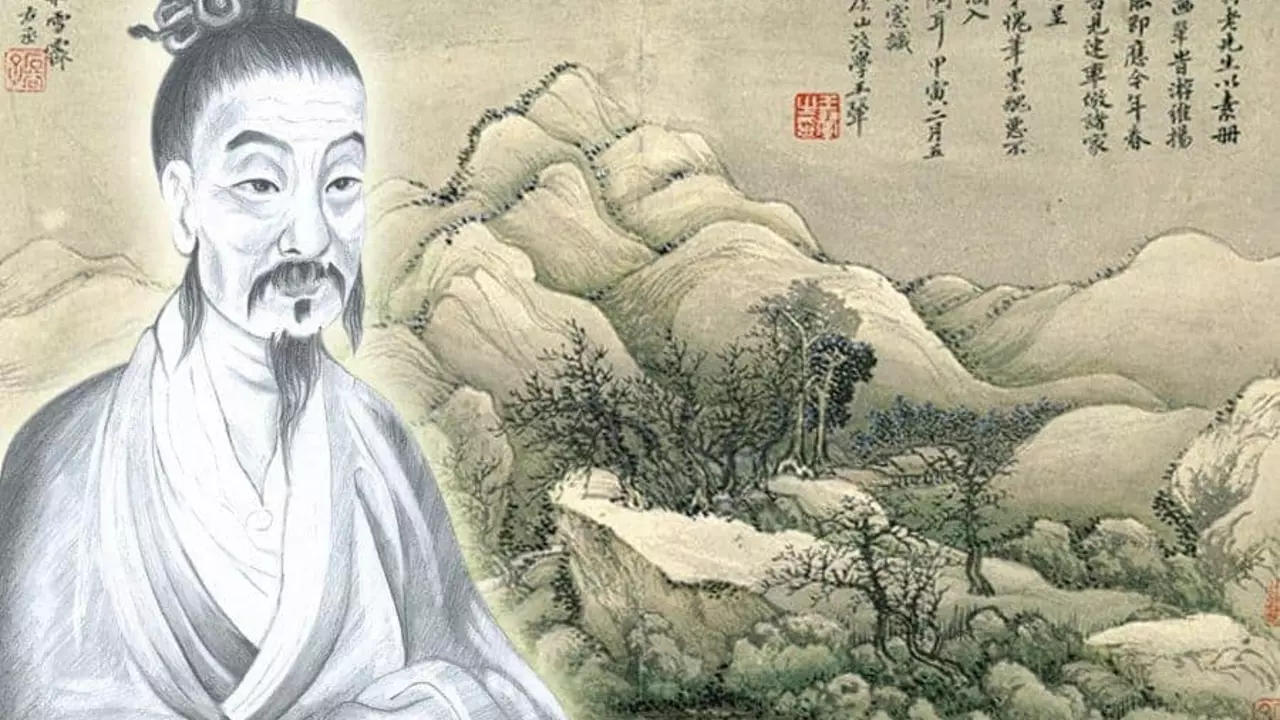Ancient Chinese Medicine: Practical Guide to Herbs and Acupuncture
Did you know many herbs recorded in ancient Chinese texts are still used in clinics today? Ancient Chinese medicine, often called Traditional Chinese Medicine (TCM), blends plant remedies, needles, heat therapy, diet, and observation. If you're curious about TCM or thinking of using herbs with your prescription drugs, this page gives clear, usable guidance.
What ancient Chinese medicine includes
TCM focuses on balancing the body’s systems. The main tools are herbal formulas, acupuncture, moxibustion (warming with mugwort), cupping, and dietary advice. Herbs you’ll hear about often include ginseng (energy), astragalus (immune support), licorice (harmonizer), and schisandra (stress support). Some herbs have strong effects—ephedra (ma huang), for example, can raise blood pressure and is restricted in many countries.
Acupuncture is widely used for pain, headaches, and nausea. Clinical reviews show acupuncture can help chronic back pain and chemo-related nausea for some people. That doesn’t mean it fixes everything, but it’s a sensible option when combined with medical care.
Safety first: Mixing TCM with modern medicine
Want to try herbs? Talk with your doctor or a licensed TCM practitioner first. Herbs can interact with common drugs. For example, ginkgo can increase bleeding risk with blood thinners like warfarin. St. John’s wort (used more in Western herbalism) affects many antidepressants and birth control pills. Always mention herbal use on medical forms and during visits.
Buy from reputable sources. Look for Good Manufacturing Practice (GMP) labels, batch numbers, and third-party testing for heavy metals and contaminants. Avoid proprietary blends that hide ingredient amounts. If a seller promises a miracle cure or a single herb that treats dozens of unrelated diseases, be skeptical.
Pregnancy, severe liver disease, and some heart conditions are reasons to avoid certain herbs. Also be cautious with raw herbs that require professional processing to be safe. If you get new symptoms after starting an herb—rash, stomach pain, dizziness—stop it and contact your healthcare provider.
How to choose a practitioner: pick someone licensed or registered in your area. Ask about formal training, years of practice, and whether they coordinate care with medical doctors. A good practitioner will ask about all your medications and medical history before recommending formulas.
Want to try something simple? Ask about short-term, single-herb teas or well-studied formulas under supervision. Track how you feel and set a follow-up date. If you’re ordering online, prefer pharmacies or suppliers with clear return policies and lab reports.
Got questions about a specific herb or how TCM fits with a prescription you take? Browse our articles or contact a practitioner. Mixing ancient Chinese wisdom with modern medicine can work well — if you follow safety steps and stay informed.





